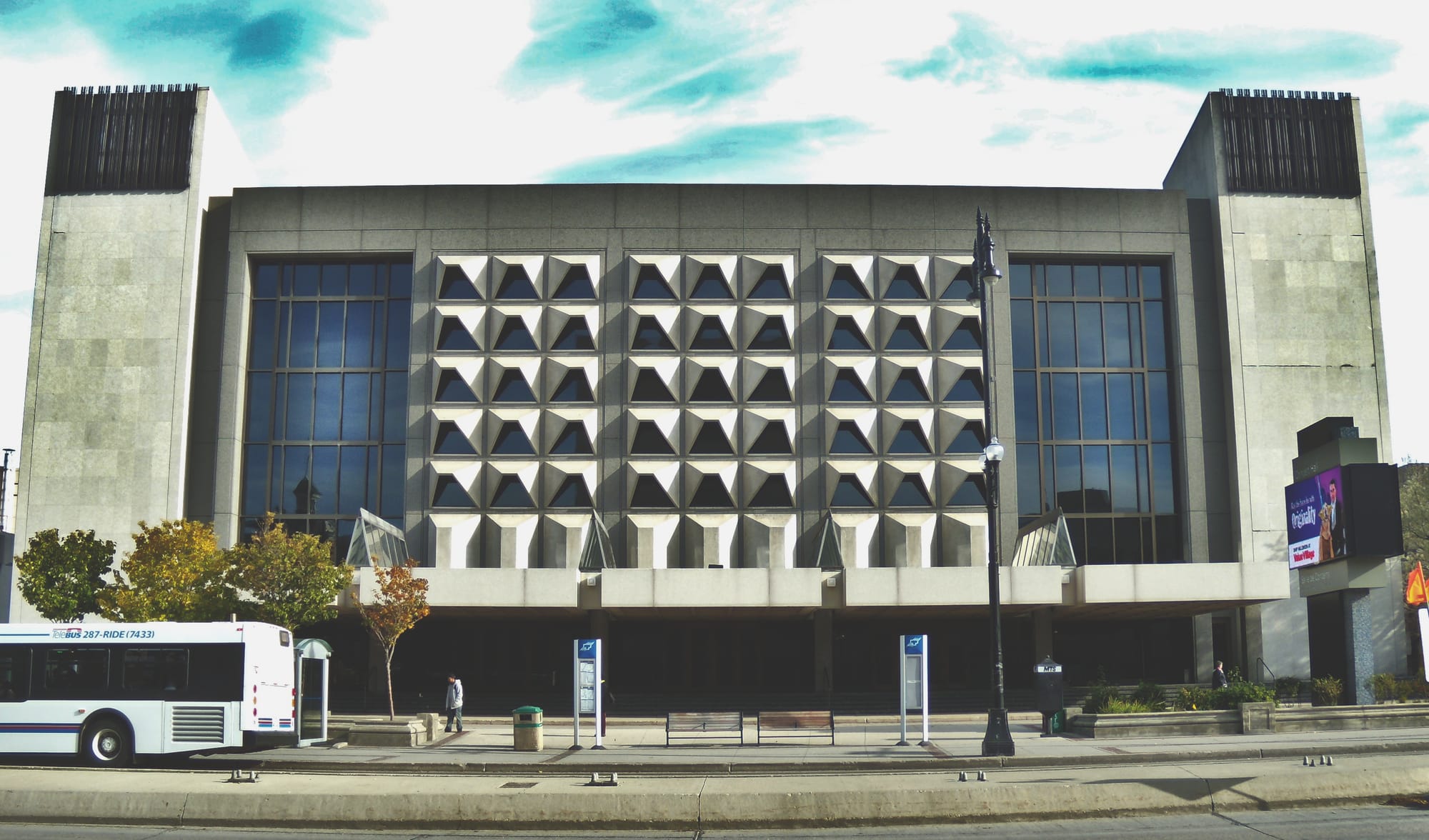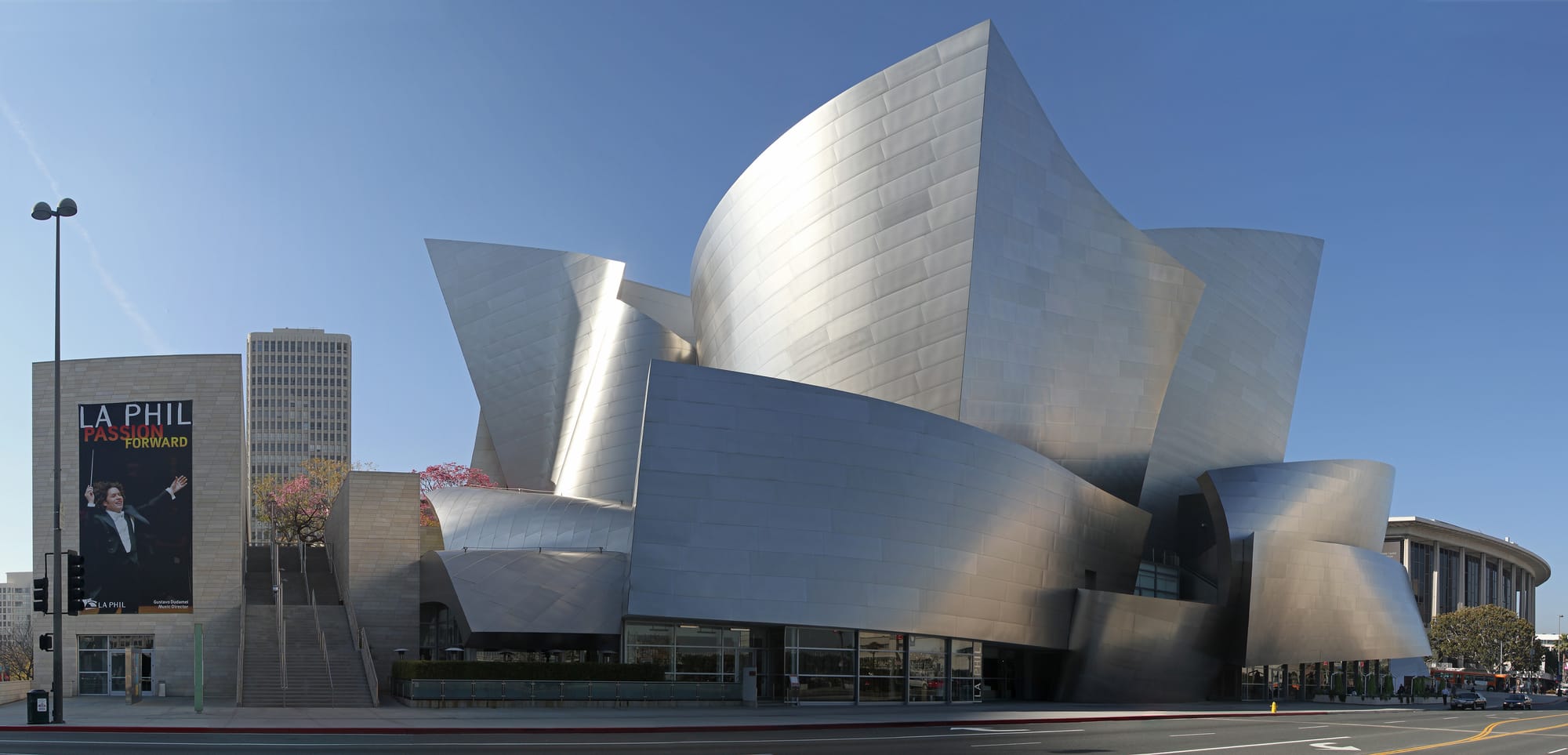The Symphony of Status: How Classical Music Quietly Signals Wealth (and Why You Need to Pay Attention)

By Thomas Crown III March 17, 2025
The Symphony of Status: How Classical Music Quietly Signals Wealth (and Why You Need to Pay Attention)
In today's noisy landscape of cryptocurrency bravado, social media flexing, and relentless displays of brand logos, subtle indicators of genuine refinement whisper louder than ever. Among these quiet signals of elevated status, the classical symphony occupies a unique position. Experiencing a live orchestral performance is an entirely different dimension from recorded or digitally reproduced music—comparable to the dramatic leap from watching a movie on a home television to experiencing it on an IMAX screen. The sonic magnificence of dozens of musicians performing live elevates both the senses and one's social profile.
At a symphony performance, the atmosphere underscores a fundamental truth: real sophistication emerges through respectful engagement and disciplined attention. Phones remain hidden and silenced—no one dares disrupt the disciplined reverence required by a full orchestra mid-performance. This cultivated discipline vividly demonstrates that true influence is quietly asserted through self-control and thoughtful appreciation.
Cultural Capital: The Subtle Currency of True Wealth
Today, genuine wealth transcends visible possessions and public validation, finding its most meaningful expression in cultural capital—the deeply influential ability to participate fluently in elevated cultural practices. Quietly referencing your recent symphony attendance subtly signals intellect, sophistication, and social intelligence, distinguishing you from those reliant solely on transient status symbols.
This understated signaling bestows a discreet yet powerful social advantage, quietly indicating your cultivated taste and refined character.
Mastering Symphony Etiquette: Guidelines for Sophisticated Signaling
Attending the symphony is more than mere entertainment—it’s a deliberate investment in cultural fluency. Men should consider tailored suits or dark blazers paired with crisp shirts, subtle cufflinks, understated ties, and polished dress shoes. Women might opt for elegant dresses, tasteful separates, or refined evening wear paired with discreet jewelry. Arriving thoughtfully early, composed and unhurried, signals social confidence and appreciation for tradition. Engaging in informed discussions about composers or specific performances during intermission subtly reinforces intellectual depth and cultural awareness. Additionally, keeping devices unseen, timing applause appropriately, and maintaining attentive presence demonstrates quiet mastery.
The Symphony as a Social Catalyst
A classical concert can be an ideal social catalyst—an elegant, culturally resonant destination that uniquely facilitates meaningful social interactions. The symphony experience naturally extends beyond the final notes, fostering deeper conversations, thoughtful reflections, and genuine personal connections. Whether to impress a date or to elevate an evening with friends, symphony attendance uniquely sets the stage for sophisticated social engagements.
Strategic Investment: Why Symphony Attendance Matters
Classical concert attendance is a purposeful choice, strategically enriching your personal refinement and social prospects. Beyond the music itself, attending the symphony quietly builds meaningful and enduring relationships, forming connections that are grounded in shared cultural appreciation rather than fleeting interactions. Furthermore, it significantly enhances your cultural intelligence, sharpening your ability to engage confidently and effectively in sophisticated social environments. Perhaps most importantly, symphony halls act as subtle yet effective gateways, providing access to influential social circles and networks that might otherwise remain challenging to enter.
Understanding the Four Eras of Classical Music
Basic fluency in classical music begins with recognizing its historical progression. The Baroque era (1600–1750) is characterized by intricate melodies, emotional intensity, and ornate compositions, epitomized by masters like Bach, Handel, and Vivaldi. The Classical period (1750–1820) emphasizes structured elegance and balanced harmony, perfectly represented in the works of Mozart, Haydn, and early Beethoven. The Romantic era (1820–1910) features emotional depth and narrative-driven compositions from composers such as Brahms, Wagner, and Tchaikovsky. Finally, the Modern period (20th Century onwards) introduces innovation, experimentation, and breaks with traditional conventions, notably demonstrated by Stravinsky, Copland, and Shostakovich.
Symphony vs. Philharmonic—What's the Difference?
Historically, a "Philharmonic" was a community-supported society, whereas "Symphony" referred to institutionally backed ensembles. Today, both terms denote professional orchestras and are largely symbolic.
Notable Symphony Orchestras and Venues
Founded in 1880, the St. Louis Symphony Orchestra performs at Powell Hall and holds the distinction of being America's second-oldest professional orchestra, renowned for its refined acoustics and innovative performances.
The Winnipeg Symphony Orchestra, housed in the architecturally significant Centennial Concert Hall, is recognized for dynamic programming and a commitment to community engagement.

Australia's Sydney Symphony Orchestra, performing at the iconic Sydney Opera House, is internationally acclaimed for its artistic excellence and stunning performances.

The Cleveland Orchestra, based in Severance Hall, enjoys global acclaim for its exceptional acoustics and meticulous musicianship.
In Los Angeles, the Los Angeles Philharmonic at Walt Disney Concert Hall merges cutting-edge programming with a visually striking venue designed by Frank Gehry.

The venerable New York Philharmonic, performing at David Geffen Hall, continues its legacy as America’s oldest professional orchestra, blending rich tradition with artistic innovation.
Lastly, the Kinshasa Symphony Orchestra in the Democratic Republic of the Congo exemplifies resilience and cultural empowerment, inspiring audiences worldwide.
Essential Classical Works
Beethoven's Symphony No. 9 ("Choral") features the iconic "Ode to Joy" and symbolizes humanity's potential.
Mozart's Symphony No. 40 is admired for its emotional depth and unforgettable melodies. Tchaikovsky's Symphony No. 6 ("Pathétique") poignantly explores life's complexities and fragility. Bach's Brandenburg Concertos showcase the intricate brilliance and exuberant energy of Baroque music.
Stravinsky's The Rite of Spring revolutionized music with its bold, rhythmic innovation. Vivaldi's The Four Seasons vividly evokes seasonal imagery, charming audiences with its clarity and expressiveness.
Dvořák's Symphony No. 9 ("New World Symphony") beautifully integrates European traditions with influences from American folk music, making it a cultural bridge.
Gilded Lore’s Mission: Democratizing Cultural Sophistication
Gilded Lore’s purpose is to democratize cultural refinement, opening pathways for anyone to acquire true sophistication. Attending the symphony is an inclusive yet powerful method to cultivate genuine social influence and cultural fluency.
In an age dominated by superficial status signaling, classical symphony attendance quietly signifies authentic intellectual depth and timeless elegance—whispering true influence without ever needing to shout.
Gilded Lore Curated Essentials
Enhance your cultural sophistication and amplify your appreciation of classical music with these carefully selected, high-quality items:
- Atlas of Mid-Century Modern Masterpieces by Dominic Bradbury
Discover architectural elegance that perfectly complements your refined tastes. This visually stunning volume is an essential conversation piece, celebrating Mid-Century design sophistication. - YAMAHA TT-S303 Hi-Fi Vinyl Belt Drive Turntable (Piano Black)
Immerse yourself in authentic sound reproduction with this precision-crafted turntable, perfect for experiencing classical vinyl recordings exactly as the composers intended. - SENNHEISER HD 599 Open Back Headphones (Ivory)
Enjoy a pure, immersive listening experience with exceptional clarity and rich sonic depth—ideal for nuanced classical music appreciation and extended listening sessions. - Cambridge Audio AXA35 Integrated Stereo Amplifier
Deliver pristine audio quality and exceptional detail to your home listening experience, effortlessly amplifying the subtle intricacies of your classical music collection. - Bowers & Wilkins AM-1 Architectural Monitor Loudspeakers (Pair, Black)
Elegant, weather-resistant loudspeakers designed for refined indoor and outdoor listening, delivering rich, dynamic sound that enhances your environment with superior audio fidelity.
As an Amazon Associate, GildedLore earns from qualifying purchases.